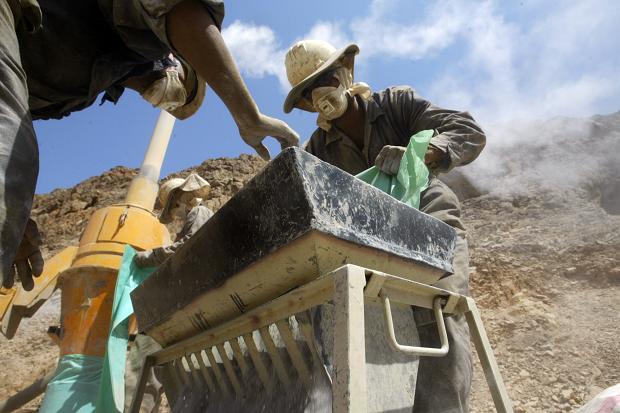The Egyptian Mineral Resources Authority (EMRA) has reviewed Australian mining company Centamin’s expenditure and revenues report for Sukari mine and plans to implement mandated profit-sharing by the end of June.
EMRA chairman Omar Teama explained that Centamin will recover all investment expenses in Sukari mine and profit-sharing will begin once monthly operating expenses are deducted from the shared revenue report.
Pharaonic Gold Mines Company, a subsidiary of Centamin, initially planned to begin sharing profits with the Egyptian government in 2017, according to the company’s general manager, Yousef Al-Rajhi.
Teama stated the Egyptian government depends on certain features of the agreement to settle its budget. Therefore, Centamin is not authorised to determine the commencement of profit-sharing.
The Egyptian government provided exclusive rights to Centamin for the development of the mine within the concession agreement of Law 222 of 1994.
The concession agreement with the government states that the Pharaonic Company will be the sole financer of the development and extraction from the mine. Further, the law states that Pharaonic does not have the right to recover the costs and expenses from the sale return, and the company must a 3% ratio as royalty to EMRA.
After the payment of royalty, and deduction of the recoverable costs, the revenue will be shared with 50% allocated to EMRA and 50% allocated to the Pharaonic Company.
An additional 10% of the profits to be provided to the Pharaonic Company in the first two years and another 5% in the following two years.
Al-Rajhi stated the Pharaonic Company will provide the government with a US$3bn production royalty and shared profits for the next 20 years, according to a fixed ratio of $1,200 per ounce of gold.




